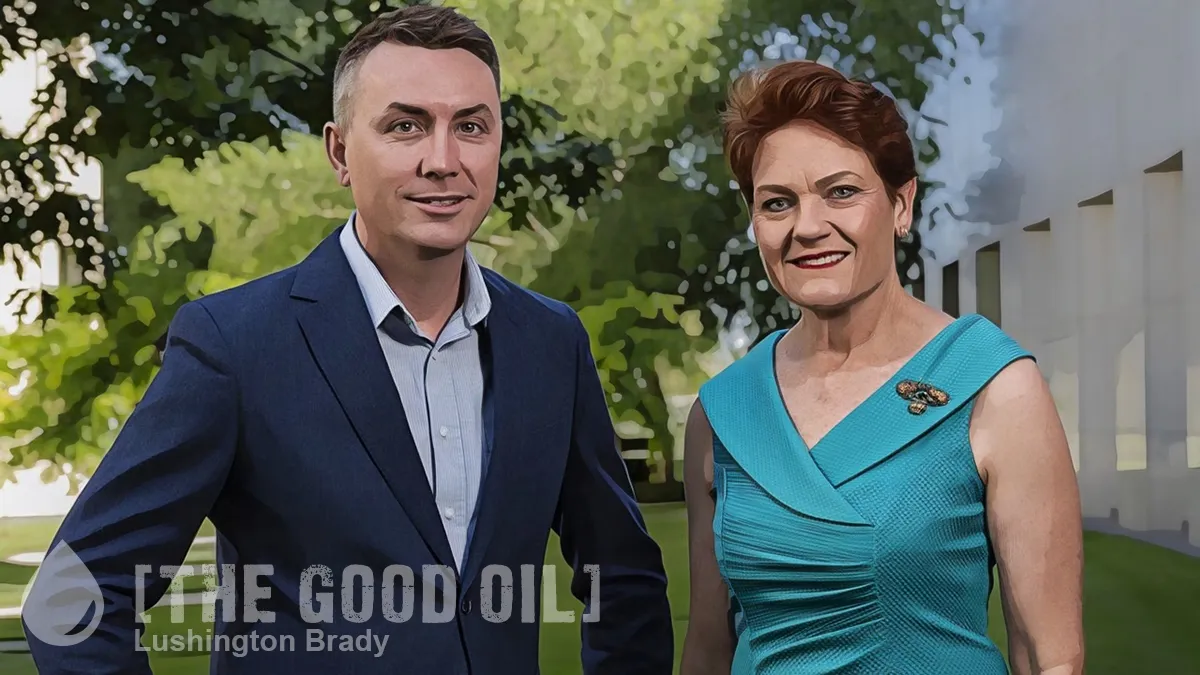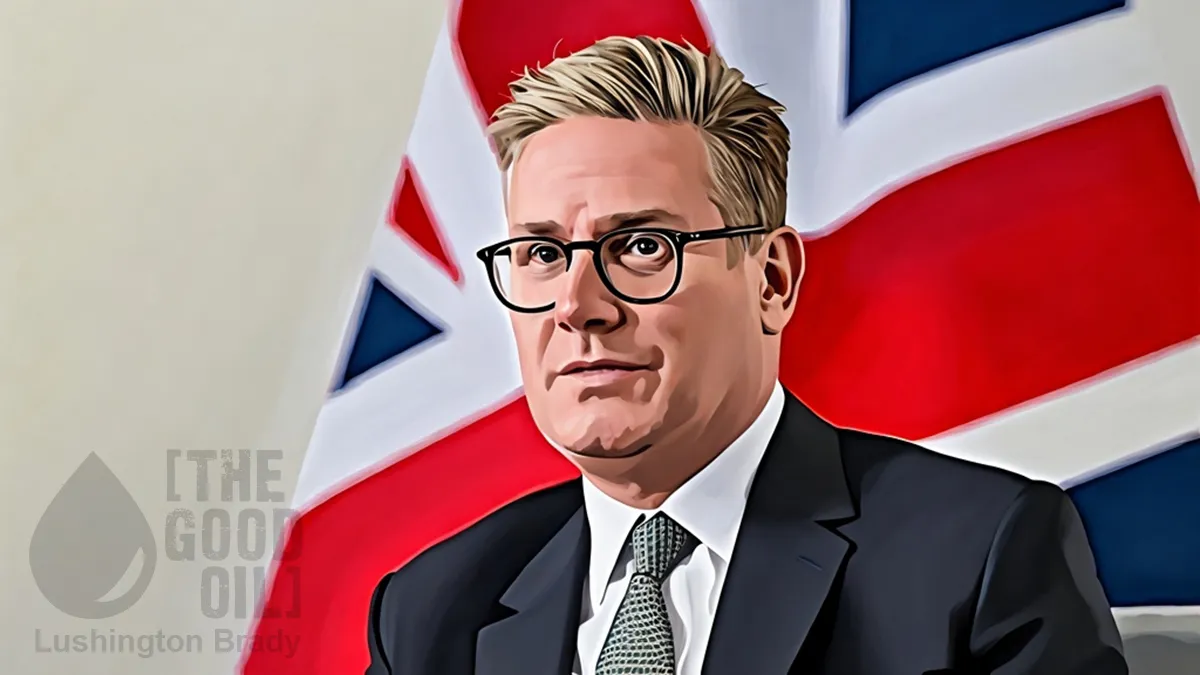Table of Contents
Bob Day
Bob’s contribution to the Australian community has been reflected in a wide range of appointments including National President of the Housing Industry Association, Co-Founder and Inaugural President of Independent Contractors of Australia, Director of The Centre for Independent Studies, and Senator for South Australia.
It is exactly 50 years since Western Mining first discovered the massive gold, silver, copper and uranium ore body at the aptly-named Olympic Dam in South Australia. A golden anniversary indeed!
But discovering the ore was just the beginning.
The fight to allow uranium mining at Olympic Dam was brutal.
The ruling Labor Party, under then Premier Don Dunstan, was vehemently opposed to uranium mining and particularly opposed to uranium mining at Olympic Dam.
One of the key opponents of Olympic Dam, calling it a ‘a mirage in the desert’, was one Mike Rann, an anti-uranium campaigner from New Zealand who had come to South Australia to work for Dunstan. Rann eventually became Premier of South Australia in 2002.
The Liberal Party, led by Dr David Tonkin and his deputy Roger Goldsworthy, won the next election and in 1980 set about implementing their proposed ‘Olympic Dam Indenture Agreement’.
Australia could establish an Asia-Pacific office for the International Atomic Energy Agency (IAEA)
Its final passage, through the SA parliament’s Upper House in 1982, came down to a single vote – Labor’s Norm Foster. A former wharf worker, Foster had sat on the select committee into Olympic Dam and did not agree with Labor’s position that uranium mining was an environmental or ethical scourge.
On the day before the final vote on the project Foster resigned from the Labor Party and, the following day, crossed the floor of parliament to give his vote to the Tonkin government thereby clearing the way for the new mine.
For years following his actions, Foster was vilified by the ALP. However, his role in establishing one of South Australia’s most successful projects (and biggest earners!) was later acknowledged by the Labor Party and his membership restored.
Fast forward to 2024, and Australia is experiencing a similar political challenge closely related to uranium mining – nuclear energy.
The case for nuclear power has been well argued, but there are more than just economic and energy-reliability reasons for embracing nuclear power. There could also be significant strategic benefits.
First, if there’s one thing we learned from the pandemic, it’s the importance of self-reliance.
Australia has for too long been dependent on overseas supply chains – fuel and energy being no exception.
Australia’s future energy needs are currently being assessed against three criteria – reliability, affordability, and emissions intensity.
Unfortunately, the laws of physics and economics do not allow all three. Two out of three yes, three out of three no.
As emissions intensity has pretty much been mandated, this leaves only reliability and affordability to choose from. Clearly, reliability has to win.
No form of renewable energy generation yet invented or discovered is reliable enough to meet Australia’s base-load demand.
Nuclear power is both reliable and emissions-free.
It is, however, expensive to build. Again, two out of three.
The fight to allow uranium mining at Olympic Dam was brutal.
In addition, there is a fourth aspect worthy of consideration – regional security.
South Korea, Japan, India and Pakistan all have nuclear power. Indonesia, Thailand, Bangladesh and the Philippines are looking to develop it.
All have, or will have, spent nuclear fuel.
As Australia engages more with Asia, we bring a unique perspective and relationship devoid of the centuries-old enmities and history that exists between some of these countries.
We could be the Switzerland of the South.
Australia could establish an Asia-Pacific office for the International Atomic Energy Agency (IAEA). We could host conferences and bring the world’s best nuclear minds here.
We could bring together expertise on the ways in which other nations are storing their spent nuclear fuel. We could, as the 2015 SA Nuclear Fuel Cycle Royal Commission heard, store that fuel in South Australia, and not have it stored within the borders of nations with fractious relations and/or unstable geology.
“The International Atomic Energy Agency (the IAEA) could establish an Asia-Pacific office in Australia. We could host conferences and bring the world’s best nuclear minds here.”
The countries whose spent fuel was stored here would have an interest in our security.
And as well as the multi-billion-dollar economic benefits – abolishing Stamp Duty, Payroll Tax, Occupational Licencing charges and many other taxes, charges and levies – with the latest technology we may even be able to extract more recycled power from the spent fuel in the future.
The more we engage with the nuclear question, the more positive the opportunities arise.
But first we must remove the regulatory obstacles and legislated bans blocking Australia’s economic and energy independence.
This article was originally published by Liberty Itch.









